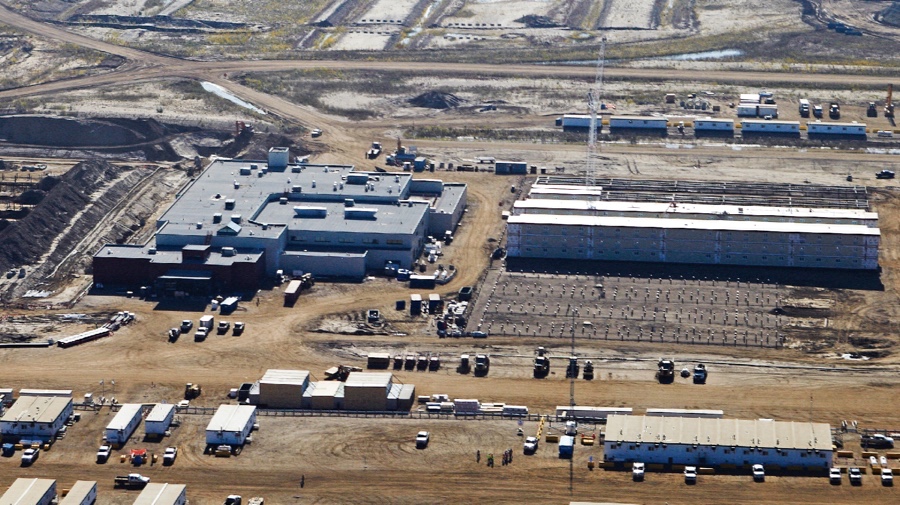Total to wait for better oil prices before selling Canadian assets

French oil giant Total SA chief executive said on Monday the company was not in a rush to join the foreign exodus from Canada’s oil sands sector.
During a call with analysts, Patrick Pouyanne said the company’s plan was to wait for oil prices to rise before selling the assets.
CEO Patrick Pouyanne said oil sands assets were among the high breakeven projects in Total’s portfolio.
“My priority is value over volumes and oil sands are among the high breakeven projects in the portfolio,” Pouyanne said, according to Reuters.
In July, Total cut all funding for the massive Fort Hills oil sands project in which it has a 29.2% interest, sparking a commercial dispute with Suncor Energy, which holds a 50.8% stake in the venture.
Fort Hills, expected to produce 194,000 barrels a day at full capacity, is one of only two mining megaprojects in Northern Alberta that wasn’t recently affected by major budget cuts and decisions to shelve projects as oil prices collapsed from more than US$100 (U.S.) a barrel in 2014 to about half that level. The other survival is Canadian Natural Resources’ (TSX:CNQ) expanding Horizon complex.
The Suncor-led project, in which Teck Resources (TSX:TECK.A and TECK.B)(NYSE: TECK) has a 20% stake, has however faced several challenges due to the fall of oil prices, including cost pressures and questions about its economics.
In February, the partners upped the project’s costs and warned the final price tag could hit $17-billion. They said the updated cost was a consequence of construction delays and design changes, following wildfires last year during which work on the project was temporarily suspended.
You can access Patrick Pouyanne’s presentation to investors here.
More News
{{ commodity.name }}
{{ post.title }}
{{ post.date }}




3 Comments
King Blonde
Better oil prices? Just when Iran starts its fight to conquest of the Two Holy Mosques sites. Or something like that.
Altaf
When a single Company can not handle a mega project, they form Consortium to share the cost on prorata basis. Any project has many stages of development. At each state of the project, the partners have to meet their financial obligations on prorata basis. If one Company refuse to bear the burden at some mid point, the other partners suffer more than prorata. They planned to develop the project, managed finance. When all is ready, as one Company throw wrench in the works, the whole project halts and the other companies which borrowed for the project either have to return the money to the lenders or bear the interest burden. They dont have confirmed outlook for their business as they dont know when their partner will invest.
In such cases, it is the responsibility of the destroyer of the party to sell out their share on the date so that those who can invest will make the project move forward.
In this above case, Total refuse to invest their share and refuse to sell out. They are playing with the other companies fortunes by grounding a project midway.
The above is my view based on a personal experience. A group of my friends invested in a residential land with the aim to construct an apartment. After purchase of the land and after construction began, one of the partners ran into financial troubles. The apartment was half constructed. Now this guy can not invest any more and dont want to sell his share. The apartment is half finished for the last 3 years. With out the completion of the building the others who were expecting rental income are stuck up and are paying interest on borrowed money.
madeklick
maybe the other ones do not want the guy anymore on the party and thus have no use for him… or is that not the interpretation you wanted?